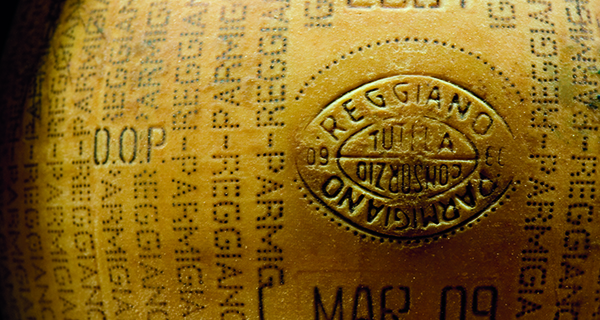
A new fraud was identified overseas by the Parmigiano Reggiano Consortium, which in conjunction with the Fancy Food show in New York (the world showcase of agri-food excellences) obtained the withdrawal from the market of a sauce produced in Canada (called “carbonara”), which used a deceptive picture of Parmigiano Reggiano on the label without actually containing the product. This is frequent behavior by producers who speculate on the reputation of the world’s most popular cheese.
EFFECTIVE SURVEILLANCE – Alessandro Bezzi, President of the Consortium, says that, “This operation and the ensuing result confirms the effectiveness of the surveillance enabled globally by the Consortium. However, this also goes to show how consumers can be misled; a widespread phenomenon in places where the measures already implemented in the EU are still not in place.”
EDUCATIONAL INVESTMENT PLAN – This new case, paradoxically, occurred just when the Consortium came to New York City to launch a new investment plan on information, promotion, and presence in the US and Canadian distribution chains. These two countries in 2015 imported 11,400 tonnes of Parmigiano Reggiano, corresponding to 285,000 wheels, accounting for 25% of total exports.
FURTHER GROWTH IN THE US – “Within the Fancy Food Show,” said Riccardo Deserti, Director of the Consortium, “we observed a great deal of attention on the part of retail chains, so much so that, by the end of 2016, we expect a further growth in exports to the States of at least 25,000 wheels, for an increase in excess of 10%.” He also added that, “The same interest also includes the Consortium’s program launched for the training of personnel operating at the points of sale. Their improved skills in cutting, presenting, and packaging are proving to be a winning factor in terms of sales.
IN-STORE PROMOS TO FIGHT “ITALIAN SOUNDING” – “These chain-based initiatives have been conceived and organized to be one of the most effective tools in fighting imitations and the phenomenon of “Italian sounding” products, which, by using references to our country suggests deceptively (affecting 67% of US consumers) that many products in the US, or elsewhere, come from Italy, which is a symbol of excellence.”
A WIN-WIN STRATEGY – Finally, Deserti concluded that, “Given the fact that the timescale to get better future protection through TTIP remains long and uncertain, today, the collaboration with the chains is an indispensable instrument to defend both the interests of our producers from unfair competition and the interests of the US consumers, who are under threat of misleading commercial proposals.”
